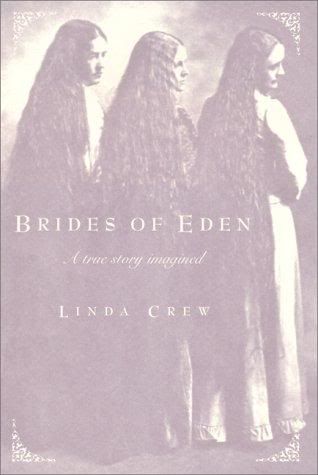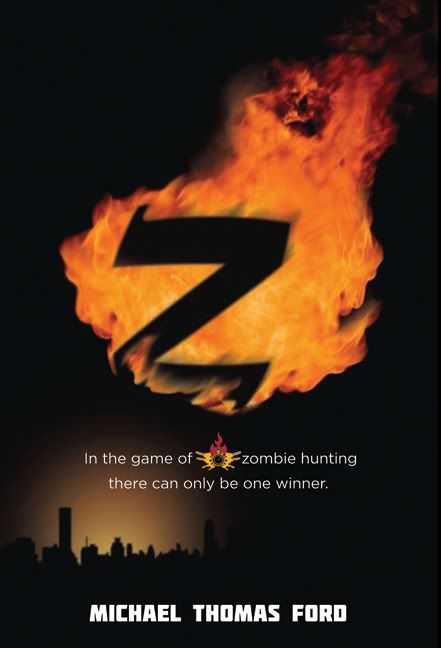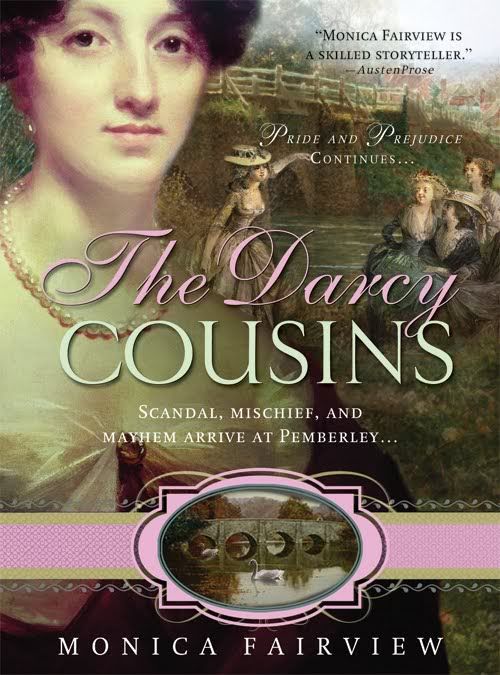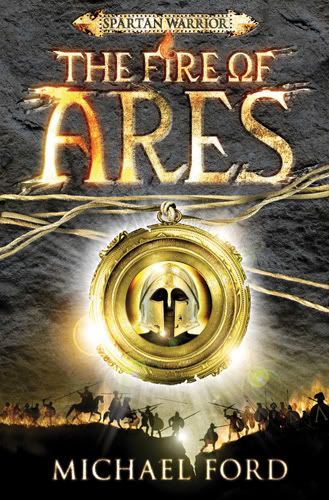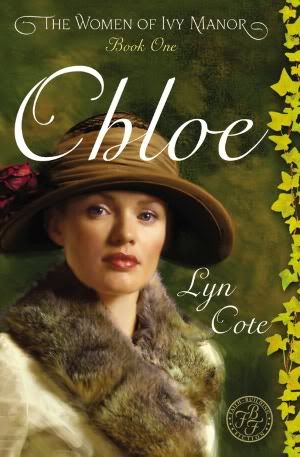
Chloe Kimball is the pampered but unloved daughter of wealthy parents who looks for a way to break away from her parents who see her as nothing more than something to decorate their home. After meeting him for only a day, Chloe takes advantage of a marriage proposal to run away from home and start her own life in the chaotic life of the late teens and early twenties in New York. Leaving behind her old life and a friend who also proposed marriage, Chloe starts her own career and has a child, yet life continues to be a disappointment for her as he struggles to bond to her daughter and feels like a failure as a wife and mother. Taking up campaigning for her father she crosses paths with her old friend who has come home from the war with scars and refuses to talk to her any more. When the stock market crash comes, Chloe is left needing to sort her life out and find out where she belongs.
Genre: historical
Rating: 2/5
Ugh, I had so many problems with this book. I mainly finished it because the author actually is a fairly talented writer, but the main character is SO spineless I found it hard to have any sympathy for her. I suppose I could argue that this character type just doesn't "speak" to me, but she literally spent most of the book refusing to make choices and then berating herself for not making choices. She occasionally tries to take a stand on something, such as looking after her daughter, then immediately backs down when her obnoxious, over bearing shrew of a mother takes over and pretty much condemns Chloe for being a bad mother (because her mother would know, being a drunk who foisted her off on her grandmother when Chloe was growing up). She gets duped by her father again and again as he sees her as nothing more than a political pawn to be used accordingly. It's just hard to like a character who allows herself to be treated as a doormat, then is upset that she's treated like a doormat, THEN has other characters telling her how strong she is when SHE'S NOT.
And then there's Roarke, Chloe's love interest who, because the author wants to keep his reasoning for being hateful and bitter a secret until the end, is REALLY unlikable for most of the book because you don't understand his reasoning. He's just unpleasant and hateful to everyone and while he has reasons, they're literally not revealed until the last pages, making him obnoxious and unsympathetic for most of the book. The book itself was very readable, but the characters were just completely unsympathetic.
